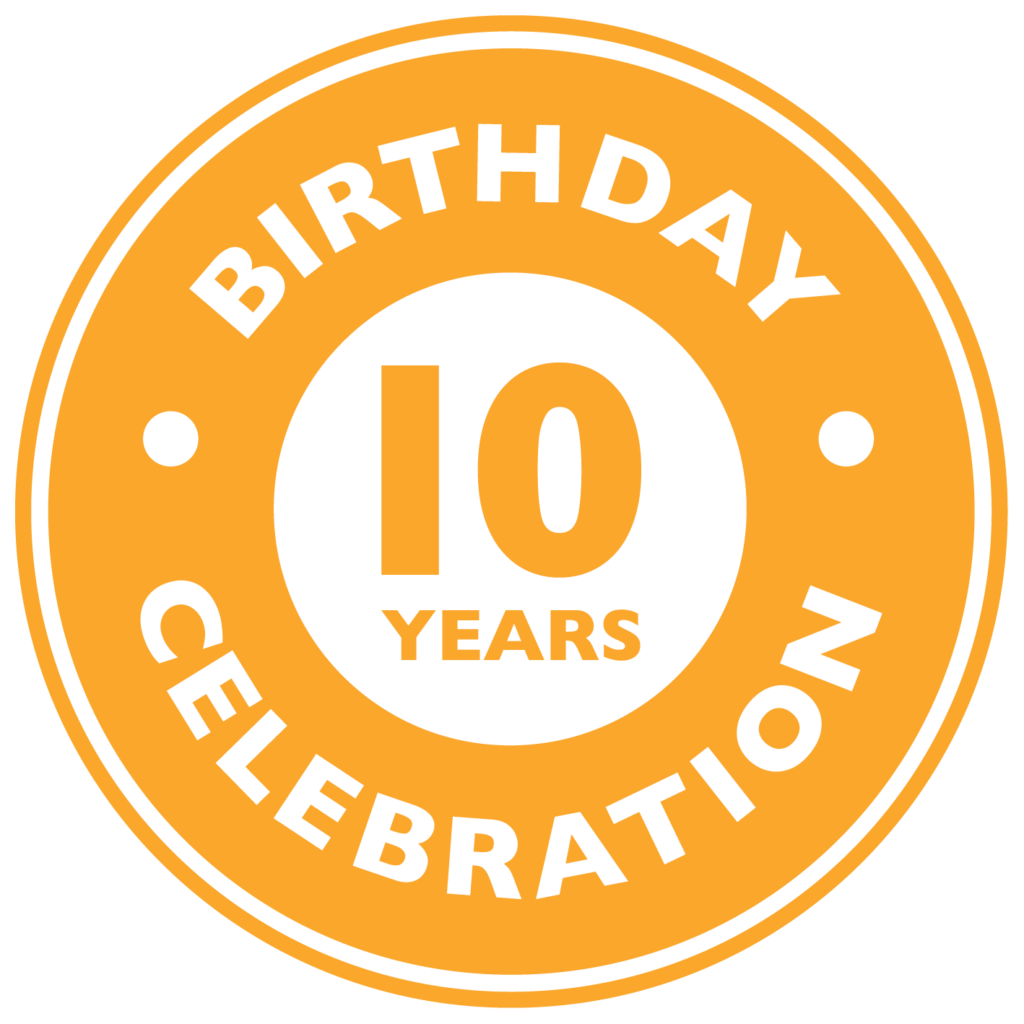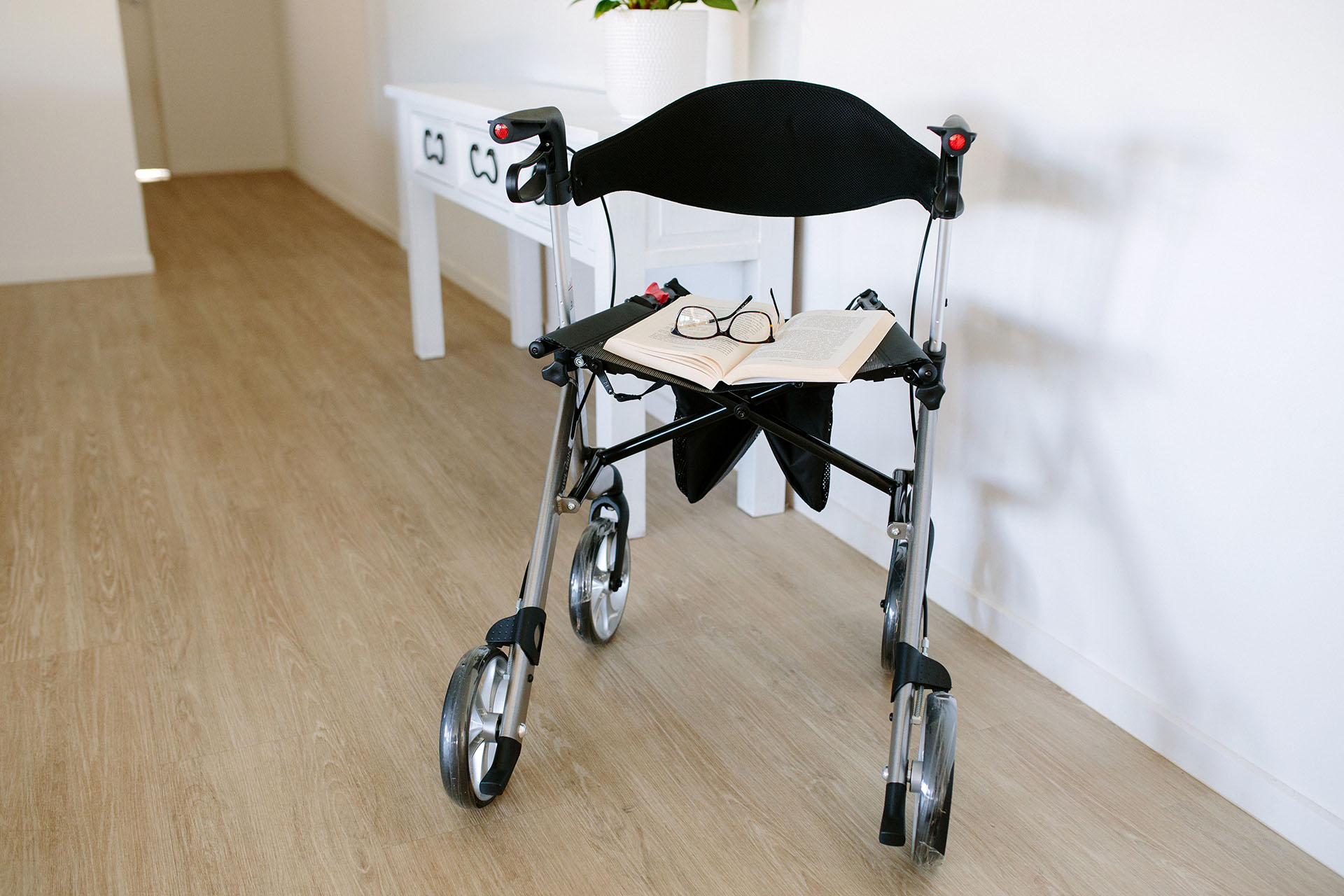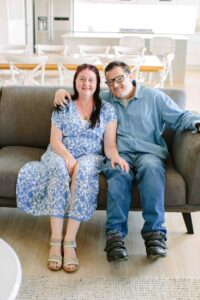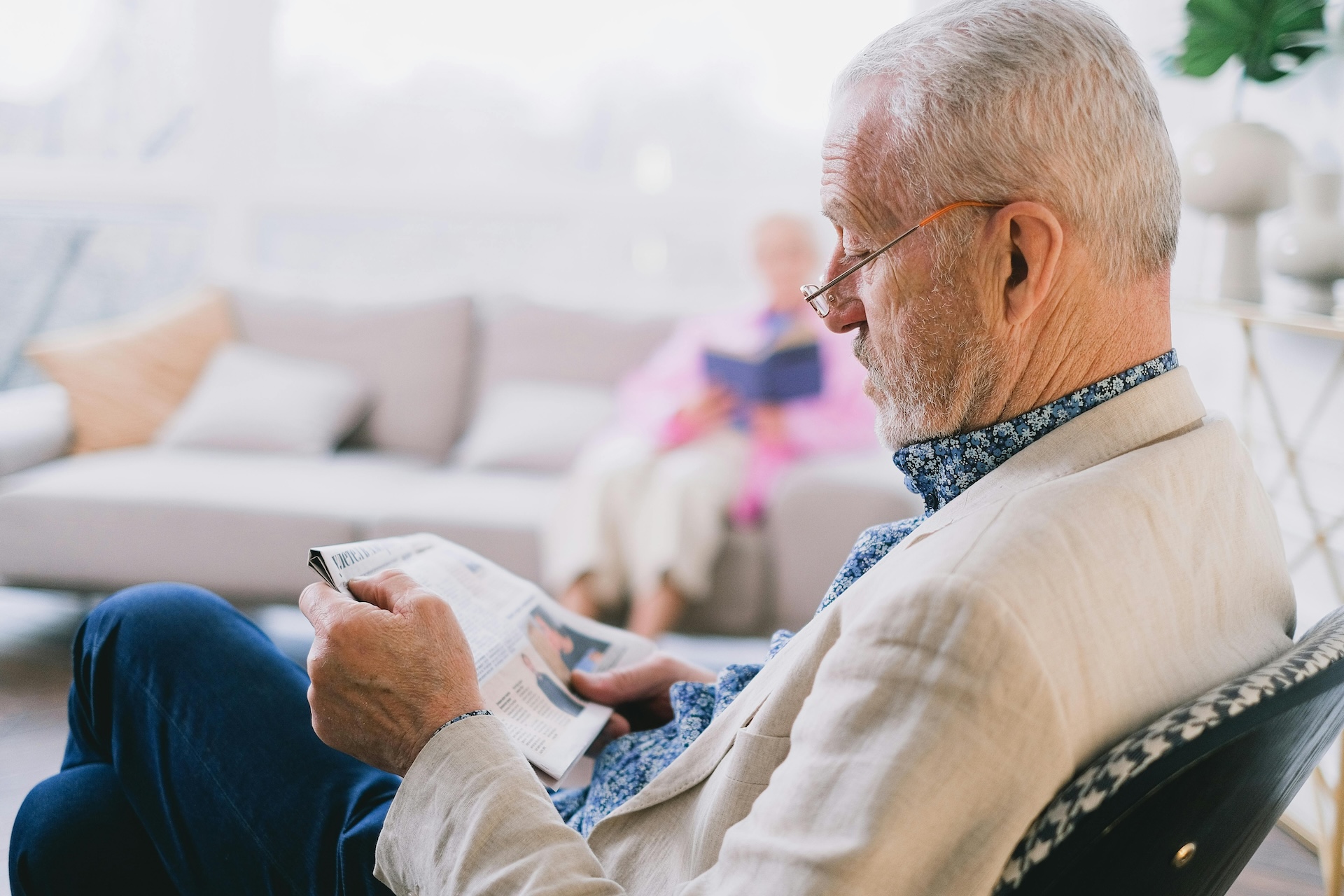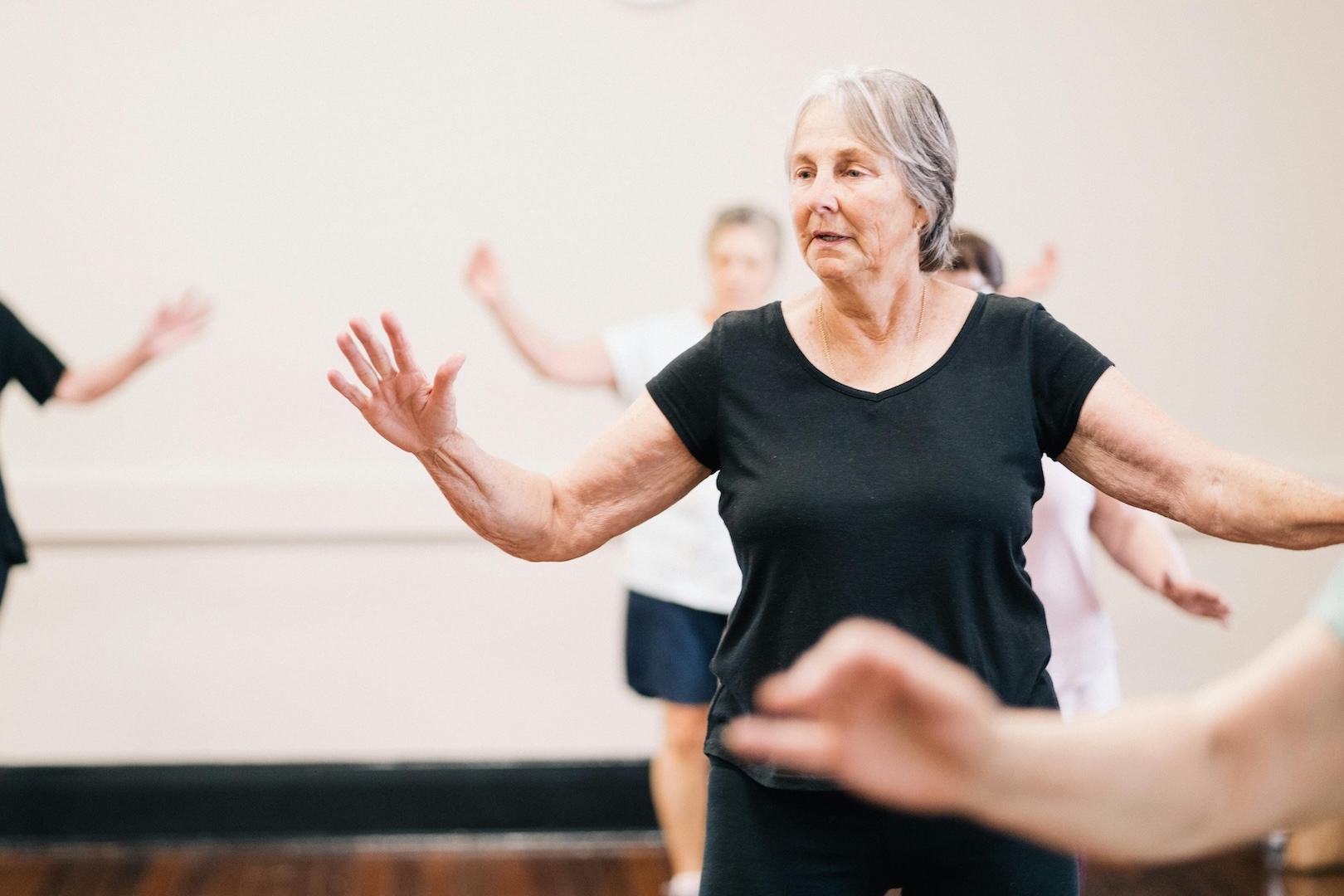This Friday December 3 is International Day of Persons with Disabilities (IDPwD). IDPwD is observed annually by the United Nations and aims to promote the rights and wellbeing of people with disabilities and raise awareness of their experiences across every aspect of political, social, economic, and cultural life.
What disability means
Disability is a very broad term that encompasses a diverse range of physical, mental, intellectual, neurological, sensory, and developmental impairments. According to the United Nations, a disability is ‘a condition or function judged to be significantly impaired relative to the usual standard of an individual of their group.’[1]
Approximately one in five Australians live with some form of disability – a figure which is expected to rise as the population ages.
The National Disability Insurance Scheme
Introduced in 2013, NDIS stands for National Disability Insurance Scheme. The NDIS provides funding for people living with disability to access essential therapies and supports such as Occupational Therapy, Physiotherapy, Speech Pathology, Home Modifications and Assistive Technology. These therapies and supports can help participants reach important goals, live safely and independently, and participate in meaningful activities. For this reason, the NDIS plays an important role in helping to ensure our society is more inclusive and accessible.
The role of allied health in disability support
Allied health professionals provide important services to Australians living with a disability. Allied health professionals are degree-qualified practitioners who are well-equipped to provide specialist support for physical, cognitive, psychological, sensory, or social needs. Because collaboration is key in the delivery of effective allied health services, many allied health clinicians will work together to support an individual in achieving important outcomes.
Many people living with a disability have complex needs that can best be met through engaging a range of professionals with diverse knowledge and skillsets. The allied health industry – comprised of a diverse range of specialties – is well positioned to provide holistic health solutions. Let’s take a closer look at a few allied health professions and how they can support people living with a disability.
Occupational Therapy
Occupational therapists (OTs) are adept at treating people who, due to injury, illness, or circumstance, experience limitations in the how they undertake daily tasks. OTs help people gain independence through the development of particular skills or functions relating to self-care, community participation, work or school, or leisure. OTs do this through assessing a person’s functional capacity, developing therapy programs, scripting assistive technology, or managing home or vehicle modifications. These interventions and supports help clients to develop skills, increase independence and safety, and improve community access across the five core categories of occupations listed above.
Physiotherapy
Physiotherapists possess in-depth understanding of the human body in terms of both structure and movement allowing them to assist with a diverse range of health conditions. Physios can develop therapy programs that improve mobility and script assistive technology to support independence. Getting people moving is an important part of increasing participation in society.
Speech Pathology
Speech Pathologists are experts in communication. Their clinical role involves the study, diagnosis, and treatment of communication disorders, which can involve elements of speech, language, voice and fluency. Speech Pathologists are also experts in swallowing. They are skilled in the diagnosis of Dysphagia (difficulty swallowing) and can provide advice around safe swallowing and mealtime safety. Speechies work with their clients to increase independence and safety through therapy programs, neurological rehabilitation, and the scripting of augmented and alternative communication (AAC).
Social Work
Social workers are qualified to help people improve their personal wellbeing. Social workers can assist people living with a disability by providing emotional support and connecting their clients with a broader range of services to support them in living safely and independently. Social workers are also well positioned to support a person with an acquired disability and their family to adjust to the changing circumstances.
Dietetics
Dietitians can support persons with a disability in optimising their diet or gastrointestinal health. Dietitians can make recommendations about dietary requirements, maintaining a healthy weight, preventing malnutrition, or managing specific health conditions like diabetes.
Podiatry
Podiatrists can support persons with a disability in treating foot conditions that can impact upon mobility. Foot pain and conditions that require supportive footwear are best addressed by a podiatrist.
Disability and social inclusion
Accessibility and inclusion of people living with a disability are fundamental rights recognised under the Convention on the Rights of Persons with Disabilities. This International Day of Persons with Disabilities again highlights the ongoing need to break down barriers to social inclusion that inhibit persons with disabilities from participating in their community. According to the UN, these barriers adversely impact society as a whole, because evidence shows that ‘when barriers to their inclusion are removed and persons with disabilities are empowered to participate fully in societal life, their entire community benefits.’[2]
In Australia, the NDIS has enabled many people living with disabilities greater access to supports and interventions that allow for increased participation in the local community. Because our communities are enriched by diversity, a more inclusive society will benefit everyone involved. This IDPwD presents an important reminder that there is more work to be done.
[1] Background | International Day of Persons with Disabilities | United Nations
[2] Background | International Day of Persons with Disabilities | United Nations
